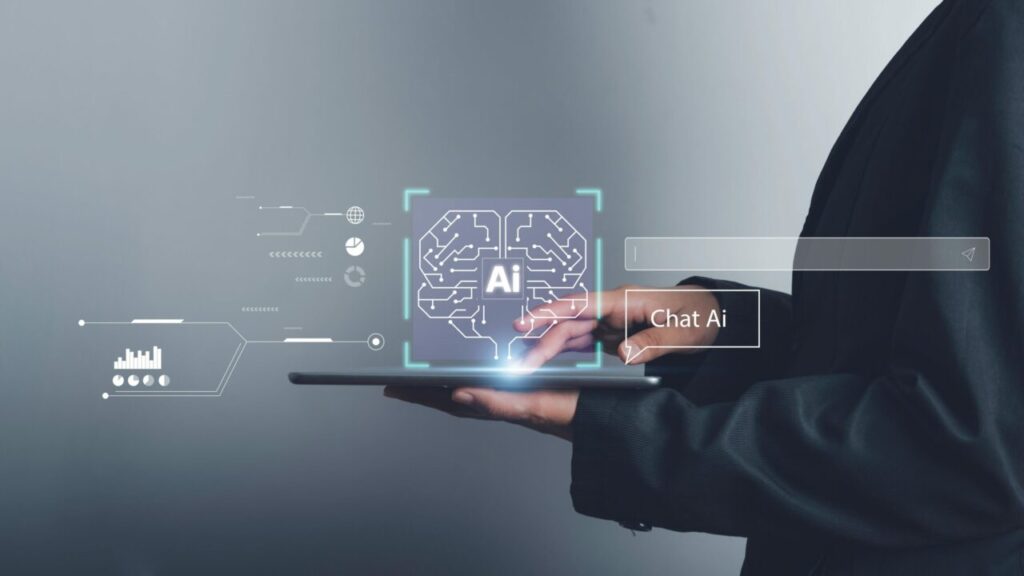The Impact of OpenDevin on Next-Gen AI Innovations
OpenDevin is revolutionizing the AI landscape by promoting an open-source approach, allowing developers and researchers to share their findings, tools, and datasets freely. This collaborative environment accelerates innovation by reducing redundancies and optimizing resources. When professionals and enthusiasts can access and build upon existing work, the rate at which new ideas and applications are generated increases exponentially. The open-source framework not only enhances the quality of AI models but also facilitates a diverse pool of perspectives, leading to robust and inclusive solutions.
Moreover, OpenDevin actively emphasizes ethical AI practices, which are essential in today’s digital ecosystem. By advocating for transparency in algorithms and data usage, OpenDevin aims to mitigate biases that can arise in machine learning processes. This is especially vital as AI systems are increasingly deployed in sensitive areas such as healthcare, finance, and criminal justice. Ethical considerations are now at the forefront of AI development, and OpenDevin serves as a model for other initiatives aiming to balance innovation with responsible practices.
Finally, OpenDevin’s focus on democratizing AI helps bridge the gap between seasoned professionals and newcomers in the field. By providing resources, tutorials, and community forums, OpenDevin empowers individuals from varied backgrounds to contribute to AI development. This inclusivity not only enriches the field with fresh perspectives but also encourages a new generation of AI practitioners who may otherwise lack access to the tools and knowledge necessary to succeed in this domain.
Key Trends and Technologies Shaping AI Development Today
The rise of generative AI is one of the most significant trends influencing AI development. Tools such as ChatGPT and DALL-E showcase the capabilities of AI in creating unique content, be it text or images. These technologies are not only enhancing creative processes across industries but are also being integrated into various applications, from marketing to software development. The ability of generative AI to produce human-like results has made it an invaluable asset for businesses looking to engage their audiences more effectively.
Another trend impacting AI development is the shift towards explainable AI (XAI). As AI systems become more sophisticated, the need for transparency in their decision-making processes grows. XAI aims to make AI outputs understandable to users, which is crucial for building trust in AI systems. Organizations are investing in technologies that enable AI models to provide insights into their reasoning, ultimately leading to improved user acceptance and regulatory compliance. This trend underscores the importance of combining performance with accountability in AI solutions.
Additionally, the integration of edge computing in AI systems is reshaping how data is processed and analyzed. By conducting computations closer to the data source, edge computing reduces latency and bandwidth usage, enabling real-time decision-making in applications such as autonomous vehicles and IoT devices. This technology allows AI systems to operate efficiently in environments where immediate feedback is essential. As edge computing continues to gain traction, it presents opportunities for more responsive and adaptive AI solutions that can meet the demands of an increasingly dynamic world.
In conclusion, OpenDevin is paving the way for a future where AI development is characterized by collaboration, ethics, and inclusivity. By leveraging open-source methodologies, addressing ethical concerns, and empowering a diverse range of contributors, OpenDevin is poised to drive the next generation of AI innovations. Coupled with key trends such as generative AI, explainable AI, and edge computing, the landscape of AI development is set for transformative growth. As we move forward, it is imperative to harness these advancements responsibly, ensuring that AI serves humanity in meaningful and equitable ways. To stay updated on AI developments, consider exploring resources like OpenAI and MIT Technology Review.




